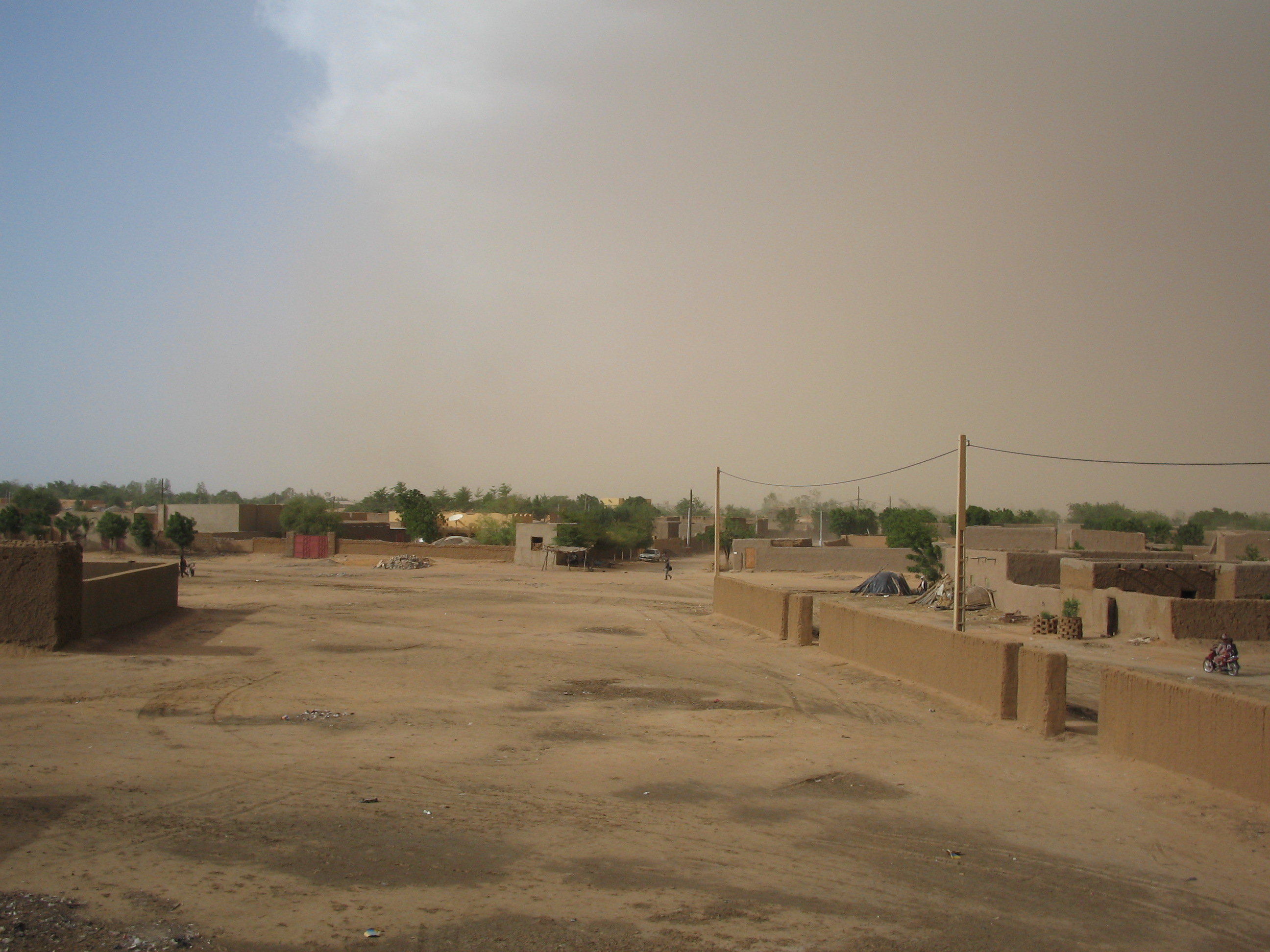As the sun painted the sky with hues of dawn on December 29, 2023, I found myself stirring awake at 4:30 am. The reason for this early rise? A planned journey of 493.40 kilometres, an eight-hour odyssey to Isuofia in Aguata local government area, Anambra state, nestled in the heart of the Southeast region of Nigeria. Southeast comprises Abia, Anambra, Ebonyi, Enugu, and Imo states.
Embarking on extensive road trips has become one of my cherished pastimes, a sentiment cultivated during my days navigating the vast distances of Mali. Picture this: the route from Bamako, Mali’s capital, to Gao spans 1194 kilometres, traversing mostly unpaved roads.

Bamako – source: Brittanica
Bamako, with a 2022 population of 4,227,569, is situated along the Niger River, near the rapids demarcating the upper and middle Niger valleys in the southwestern expanse of Mali. In contrast, Gao, Mali’s Gao region capital, lies 320 km (200 mi) east-southeast of Timbuktu, nestled along the River Niger’s left bank at the intersection with the Tilemsi valley.

Gao – source: Wikipedia
Now, the purpose of these paragraphs is to offer you a glimpse into the captivating allure these cities hold. Although my time in Mali was a captivating chapter, that’s a story for another day. The focus now is on my affinity for road travel, especially our journey to the Southeast for the festive Christmas season.
Our expedition commenced at 6 am, accompanied by my lively 10-year-old niece, my elder sister, and a friend from her Ecobank days. Little did we know that the road would unveil approximately 20 checkpoints—each manned by police, customs, army personnel, road safety officials, and local vigilante groups.
Each checkpoint demanded a minimum of 30 minutes, effectively transforming our anticipated eight-hour voyage into a marathon of over 14 hours. We eventually arrived, weary but safe, embraced by the open arms of our awaiting mother and siblings.
My first Monday sit-at-home experience
The ebbs and flows of the Yuletide season have come and gone. In line with the customary practices of most villages and towns in Igboland, the period following Christmas is marked by kindred, village, and town meetings, along with vibrant marriage ceremonies and funerals. I attended several such events, some extending into the first weekend of January 2024.
On the 8th of January, the first school day of the year 2024 and the commencement of the second term, an unusual hush hung in the air. The streets of my village and town were devoid of schoolchildren.

Residents comply with sit-at-home order in Anambra – source: Arise News
For context, in the two years and six months since the Indigenous People of Biafra (IPOB) declared a sit-at-home directive every Monday until the release of Nnamdi Kanu from detention, I had not visited the Southeast.
The sight was indeed peculiar. Our return trip to Lagos had to be postponed to the 9th of January due to the sit-at-home order. The journey back to Lagos was smoother, encountering fewer checkpoints, and we reached Lagos in about 8 hours.
Since the declaration, the education of primary and secondary school students, as well as undergraduates, has been significantly disrupted. The enforced avoidance of schools on Mondays by officials, fearing potential harassment or harm, has compelled students and teachers to skip school on these days.
Read also: Untold stories of insecurity, impact of sit-at-home order in Nigeria’s southeast
Currently, every Monday witnesses the routine attendance of pupils, students, and teachers in various parts of the country, while their counterparts in the Southeast abstain from going to school for security reasons. This disruption adversely affects the educational advancement of the region’s residents.
In September 2021, individuals believed to be associated with IPOB attacked Comprehensive Secondary School, Nkume, in Imo State. The students, preparing for the English Language paper in the ongoing Junior Secondary School Examination, were forcefully dispersed by the gunmen to comply with the sit-at-home order.
Despite multiple declarations of the cancellation of the order by IPOB, certain state governors, and the deployment of security operatives, the enforcement of the sit-at-home directive has not waned.
Flickers of hope
Last year, Governor Chukwuma Soludo of Anambra State declared that Early Childhood Care and Development Education (ECCDE) up to Junior Secondary Schools (JSS) is both free and mandatory for all school-age children in the state.
During a visit to one of the schools, Soludo also announced a reduction in levies at the senior secondary level, capping the limit at N5,000 for running costs for schools, which would not be remitted to the government’s coffers.
He emphasised that this decision aligns with his vision of fostering an all-inclusive education system for the state. Soludo assured that mechanisms would be established to ensure the effective implementation of these policies, and his administration would take disciplinary action against anyone failing to comply with the declaration.











